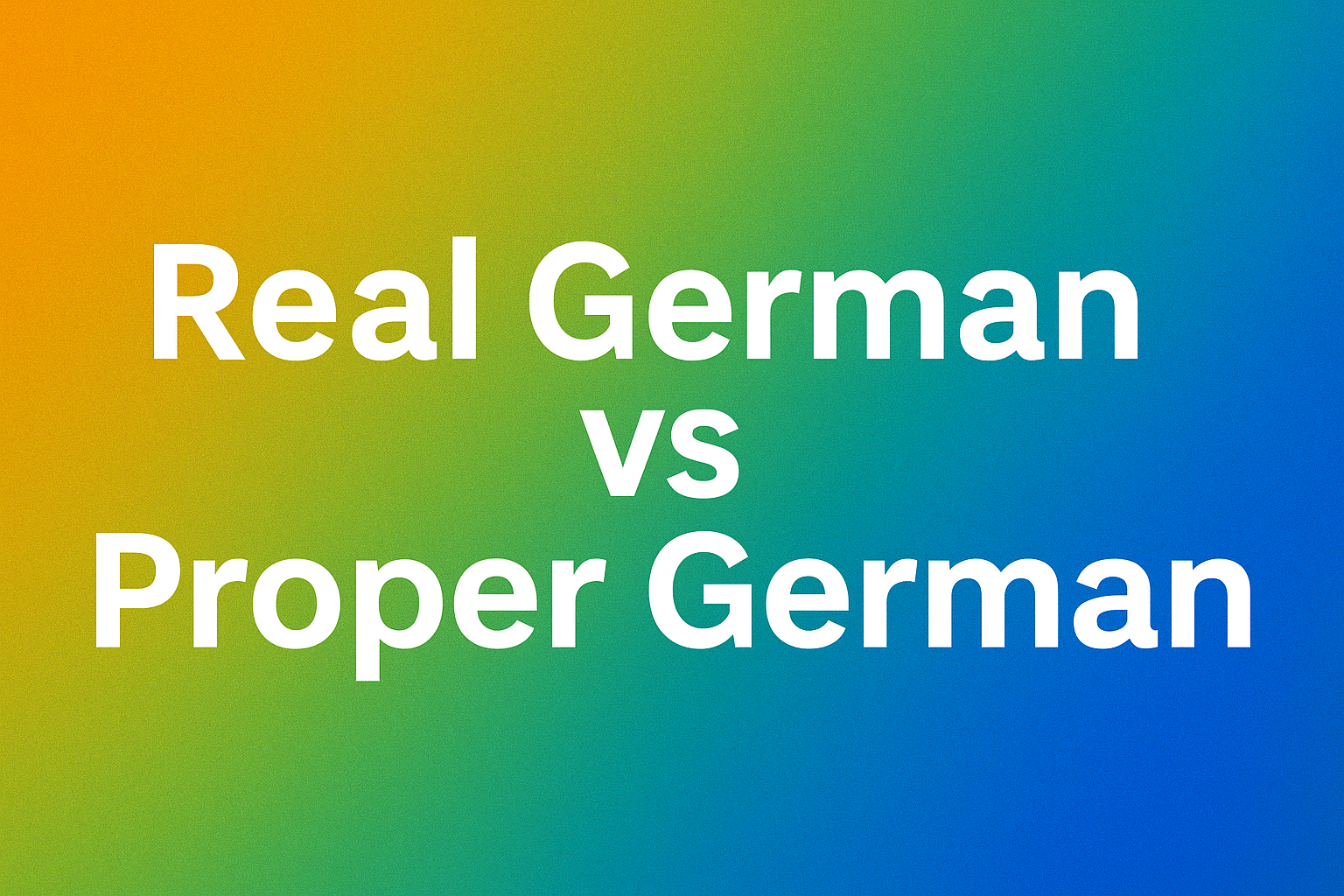Before diving into the details, you can always explore and choose your language.
More than Words: Ukrainian as Identity
Lexicology is not only about how words are built — it is about how meaning lives inside them.
For Ukrainian, this becomes especially important. The language is not just a tool of communication but a code of culture, identity, and history.
Take the word воля. In English, it can mean freedom oder will. In German, it may be translated as Freiheit oder Wille. But none of these capture the full cultural depth of the Ukrainian concept: a blend of liberty, determination, and inner strength.
This is why studying Ukrainian lexicology is not about translation only — it is about understanding the world that words create.
Ukrainian and English: Different Logics of Expression
English tends to separate meanings into clear categories: freedom (political liberty), will (inner determination), Auswahl(decision).
Ukrainian often compresses several layers of meaning into one word. The richness lies not in the quantity of words, but in the depth of a single one.
This explains why direct translation is often impossible. Instead, students must learn to think in Ukrainian terms — not just replace words.
👉 See also: Vergleichende Lexikologie: Sprache durch Wörter und Kontext verstehen
Ukrainian and German: Cultural Nuances
German, like Ukrainian, allows for abstract layering of meanings. For example, the word Seele (soul) carries both religious and emotional weight, just as Ukrainian душа.
But the contexts differ: Ukrainian usage is closer to daily life, while German often maintains a philosophical tone.
Learning to see these nuances helps students of both languages understand not only grammar but also culture.
👉 Explore: Deutschkurse an der Levitin Sprachschule
Why Lexicology Matters for Learners
When students study Ukrainian, they are not just memorizing words. They are uncovering a system of meanings that shapes thought and emotion.
This is exactly what lexicology teaches: not isolated vocabulary, but the logic of words in context.
Unter Start Language School by Tymur Levitin (Levitin Language School), we build lessons around these principles.
Whether you learn Ukrainian, English, or German, we guide you to:
- see beyond translation,
- feel the cultural code of words,
- think in the new language.
👉 Interested? Discover Englischkurse oder Ukrainian courses.
📚 Rubriken: Autorenkolumne von Tymur Levitin
🖋️ Autor: Tymur Levitin — founder, director, and senior teacher at Start Language School by Tymur Levitin (Levitin Language School)
© Tymur Levitin
























